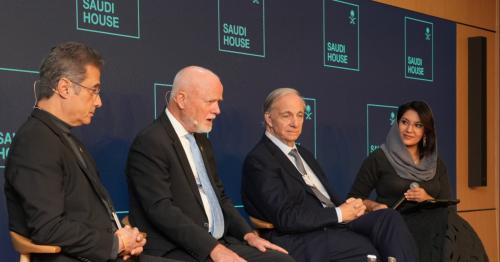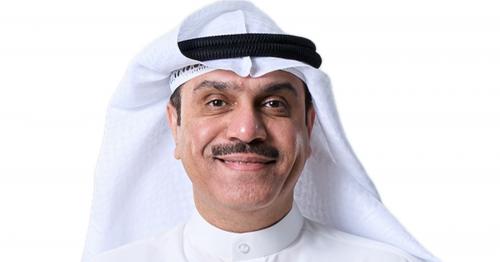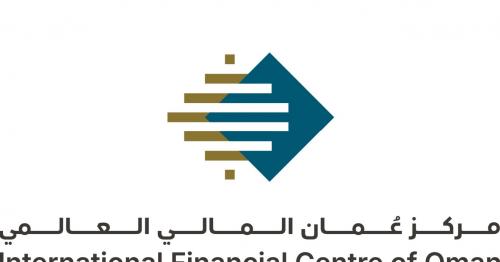Expat Guide To Healthcare In Oman
Healthcare in Oman
The Sultanate of Oman provides free healthcare to all its citizens and to people from other GCC (Gulf Cooperative Council) countries through its public health plan. In fact, healthcare is a right for all citizens according to the constitution of Oman. Article 12 of Oman’s Constitution holds the government’s social security system responsible for citizens and their families in case of sickness, emergencies, incapacity and old age. Healthcare in Oman is classified by the Sultanate in 3 broad categories:
• Primary – Complete primary care and wellness through all local clinics, hospitals and health centres in the governates and regions.
• Secondary – Specialist healthcare services provided by fewer referral health centres and hospitals in Oman.
• Tertiary – Advanced services that require cutting-edge technology and doctors with superior skill sets. These hospitals, mostly located in Muscat, act as referral hospitals for all health centres.
The standard of public hospitals is quite high, with most of them housing excellent modern facilities to combat illnesses. Despite not having many water resources, the Sultanate has managed to provide safe drinking water to homes and industries through the country. Sanitation systems are also in good shape which has helped in decreasing the chances of contracting infectious diseases.

Adjusting to the heat in Oman can be difficult
Steps have also been taken by Sultan Qaboos and his government to decrease infant and maternal mortality rates. The mortality rate of children below 5 years of age has decreased by an impressive 94%. The immunisation rate of infants against diseases like tuberculosis, diphtheria, polio, whooping cough, tetanus and other such diseases has gone up to 98%. The current life expectancy has also reached 74 years.
Communicable diseases like typhoid and measles, which were once widely prevalent in the country, have almost been eradicated. These efforts have been very instrumental in shaping Oman's healthcare system and bringing it to a better position globally.
There are currently about 59 major hospitals in the country and about 900 clinics and health centres spread across its span. 49 of these hospitals - roughly 87% - belong to the central government. There are over 5,000 workers in the health and wellness industry in Oman. Each major city or town houses one state-of-the-art hospital with highly trained doctors in all spheres of modern medicine.
The demand for medical facilities doesn't generally take a toll on the infrastructure of the country. The proportion of medical supply to the needs of people is considerably high. A lot of the medical workforce in Oman are foreigners, which is a clear indication of the country's booming healthcare system.
Foreign doctors looking to practice in Oman must get their qualifications verified by the Ministry of Health and Ministry of Interior before they start working in the country. This is ideal for expats who aren't well versed with Arabic as the majority of the medical staff is well versed in English, especially in private hospitals. The government has also undertaken efforts to encourage young Omani people to contribute more to the healthcare industry in Oman.
Foreign expatriates however don't get a lot of benefits of the Sultan's universal healthcare system. This is the reason why most foreign expats choose private hospitals for treatment and medical care. Expats in government jobs and their families are also eligible for free healthcare in public hospitals and clinics.
...[ Continue to next page ]
tag: oman-news , support-for-expats
Share This Post





